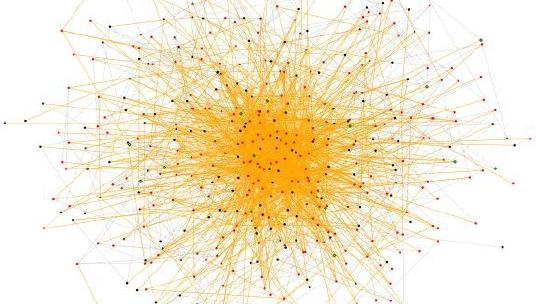A collaboration of the Universidad Carlos III de Madrid, the Barcelona Supercomputing Center, and the Instituto de Salud Carlos III (ISCIII) generates simulation results for different mitigation and confinement scenarios for the propagation of COVID-19 in the metropolitan area of Madrid. These scenarios were tested using an epidemic simulator which has been extended to simulate COVID-19 propagation, EpiGraph. Besides the epidemiological and social interaction components, it also models people's short and long-distance movements as part of a transportation model. These features, together with the capacity to simulate scenarios with millions of individuals and apply different contention and mitigation measures, gives EpiGraph the potential to reproduce the COVID-19 evolution and study medium-term effects of the virus when applying mitigation methods. David E. Singh (UC3M) is the first author of the paper that shows that selective lockdown for people over 60 would reduce the number of deaths. In addition, results show school opening does not have a significant impact on virus propagation. Finally the athors evaluate the effect of the use of face masks after the first wave, which shows that the percentage of people that comply with mask use is a crucial factor for mitigating the infection's spread.
For more information: Abstract
